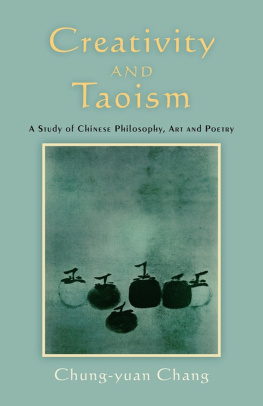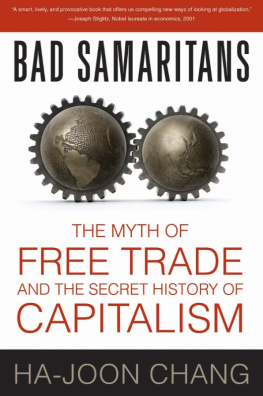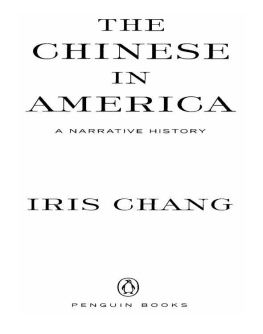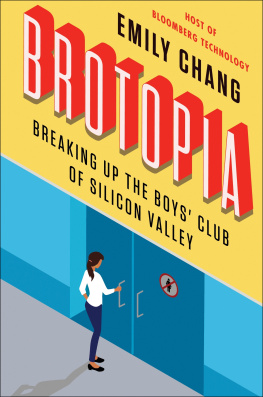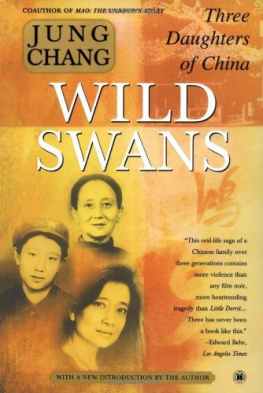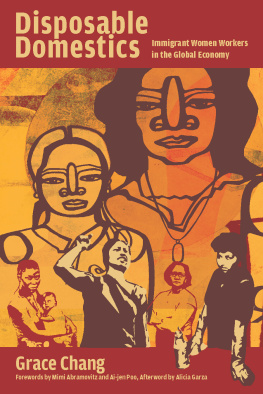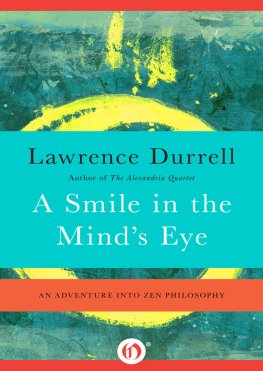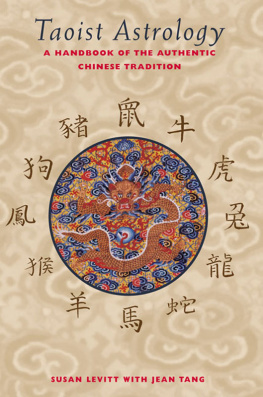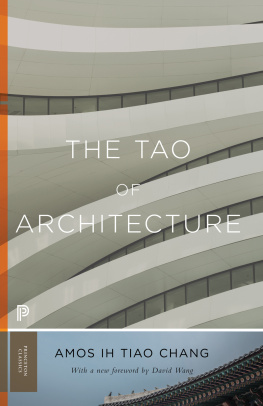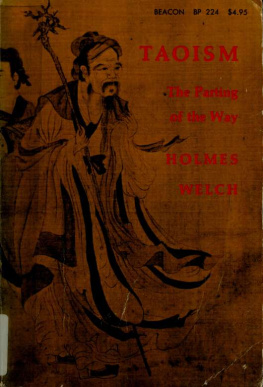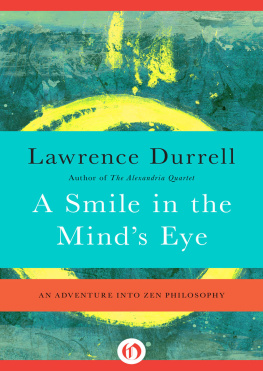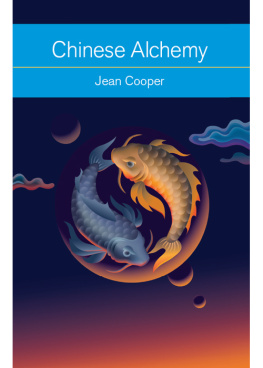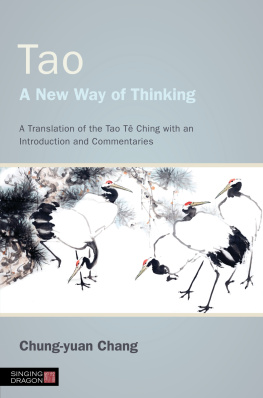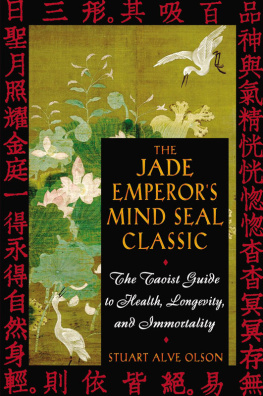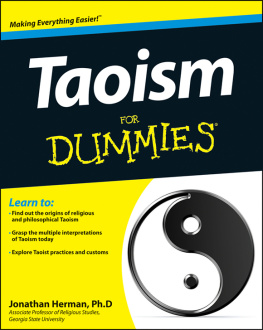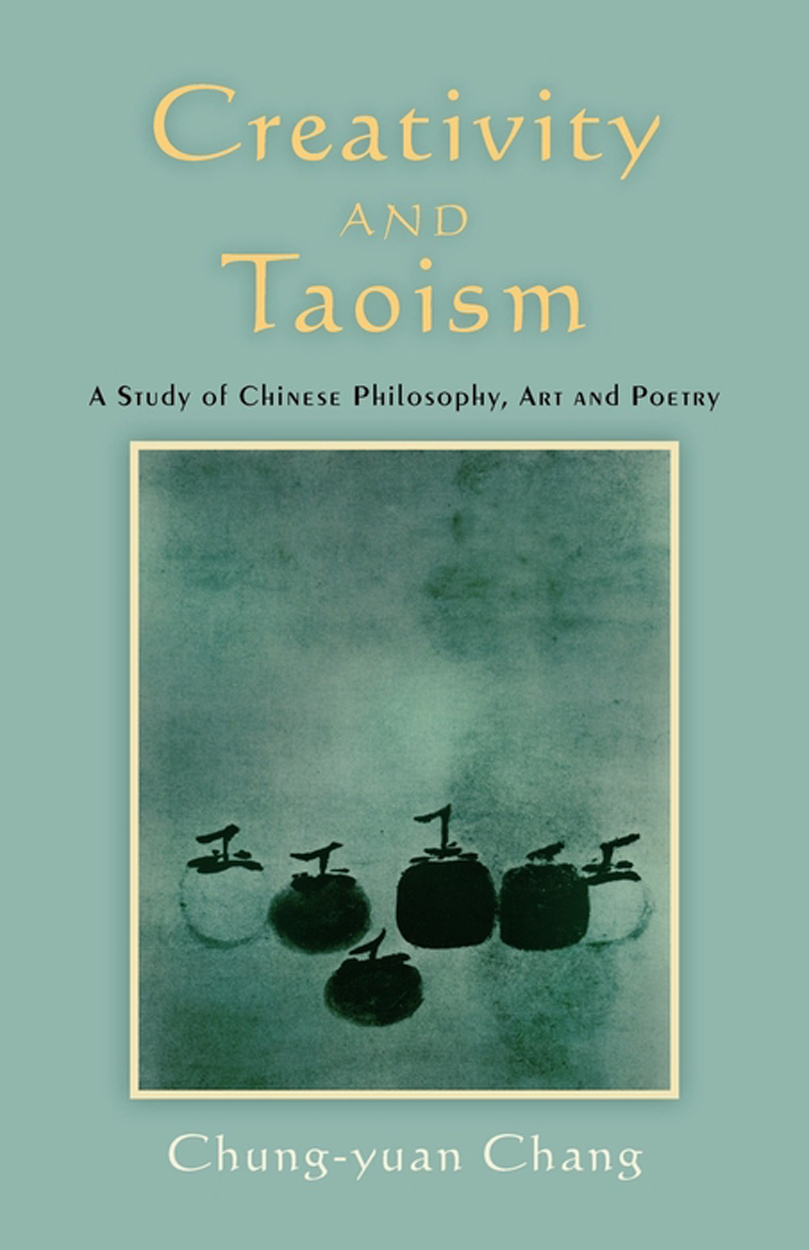Creativity and Taoism
A Study of Chinese Philosophy, Art and Poetry
Chung-yuan Chang
London and Philadelphia
First published by The Julian Press, Inc. in 1965
This edition published in 2011
by Singing Dragon
an imprint of Jessica Kingsley Publishers
116 Pentonville Road
London N1 9JB, UK
and
400 Market Street, Suite 400
Philadelphia, PA 19106, USA
www.singingdragon.com
Copyright Chung-yuan Chang 1963, 2011
All rights reserved. No part of this publication may be reproduced in any material form (including photocopying or storing it in any medium by electronic means and whether or not transiently or incidentally to some other use of this publication) without the written permission of the copyright owner except in accordance with the provisions of the Copyright, Designs and Patents Act 1988 or under the terms of a licence issued by the Copyright Licensing Agency Ltd, Saffron House, 610 Kirby Street, London EC1N 8TS. Applications for the copyright owners written permission to reproduce any part of this publication should be addressed to the publisher.
Warning: The doing of an unauthorised act in relation to a copyright work may result in both a civil claim for damages and criminal prosecution.
Library of Congress Cataloging in Publication Data
A CIP catalog record for this book is available from the Library of Congress
British Library Cataloguing in Publication Data
A CIP catalogue record for this book is available from the British Library
ISBN 978 1 84819 050 4
eISBN 978 0 85701 047 6
Introduction
In a witty and profound essay entitled A Conversation with a Chinese Voltaire draws a vivid picture of an encounter of a gentleman from China and a Hollander. The meeting occurs in a bookstore where the Chinese has asked for a world history. Skimming through it quickly he discovers to his astonishment that there is not a word in the entire volume about China. Understandably enough he is very upset and falls into discussion about this curious oversight with a Dutch scholar who was present. How is it possible, he asks when they have become acquainted, that in a volume entitled World History there is not a single word about China? But soon it is the Hollanders turn to be astonished, for it transpires in their talk that the Chinese visitor had never even so much as heard of Caesar or the ancient Greeks. Voltaires laconic comment for the entire affair is Vainglory!
But less than a hundred years laterin 1816 to be exactHegel was lecturing learnedly at Heidelberg on Taoism, Confucianism, and the philosophy found in the I Ching. His information, to be sure, was derived secondhand from the translations of the Jesuits, but he was surprisingly well informed, notably on the subject of Taoism. For example, we find in his lectures the following:
We still have his [Lao Tzus] principal writings; they are available in Vienna and I have seen them myself. One special passage is frequently quoted from them: The nameless Tao is the beginning of Heaven and Earth; with a name Tao is the Mother of the Universe (All Things) To the Chinese what is highest, the origin of things, is nothingness, emptiness, the altogether undetermined, the abstract universal, and this is also called Tao
In his lecture, Hegel compares Chinese Taoism with Greek thinking:
When the Greeks say that the absolute is one, or when men in modern times/say that it is the highest existence, all determinations are abolished, and by the merely abstract Being nothing has been expressed except this same negation, only in an affirmative form.
From this parallel drawn between Chinese Taoism and Western philosophy it is obvious that Hegel was quite familiar with the philosophy of the East. Thus we see that by the beginning of the nineteenth century Taoism was being carefully examined for its place in the history of philosophy.
About a hundred years later, in 1929, when Richard Wilhelm published his German translation of The Secret of the Golden Flower, C. G. Jung wrote an important introduction in which he expounds the essence of Tao in the light of modern psychology. He says:
If we take Tao as the method or conscious way by which to unite what is separated, we have probably come quite close to the psychological content of the concept Without doubt also, the question of making opposites conscious (conversion) means reunion with the laws of life represented in the unconscious, and the purpose of this reunion is the attainment of conscious life, or, expressed in Chinese terms, the bringing about of Tao.
The value of Tao lies in its power to reconcile opposites on a higher level of consciousness. It is symbolically expressed as light in Taoism. To reconcile the polarities in order to achieve a balanced way of living and a higher integration is the endeavor of psychotherapy. Jung found out that the method he had applied for years in his practice coincided with the wise teaching of the ancient Taoists. He says:
My experience in my practice has been such as to reveal to me a quite new and unexpected approach to Eastern wisdom. But it must be well understood that I did not have a starting point, a more or less adequate knowledge of Chinese philosophy It is only later that my professional experiences have shown me that in my technique I had been unconsciously led along the secret way which for centuries has been the preoccupation of the best minds of the East.
What is this preoccupation of the Eastern mind? Jung puts it thus:
Because the things of the inner world influence us all the more powerfully for being unconscious it is essential for anyone who intends to make progress in self-culture to objectivate the effects of the anima and then try to understand what contents underlie those effects. In this way he adapts to, and is protected against, the invisible. No adaptation can result without concessions to both worlds.
From a consideration of the claims of the inner and outer worlds, or rather, from the conflicts between them, the possible and the necessary follows. Unfortunately our Western mind, lacking all culture in this respect, has never yet devised a concept, nor even a name, for the union of opposites through the middle path, that most fundamental item of inward experience, which could respectably be set against the Chinese concept of Tao.
Never before has Chinese Taoism been so well explained in the light of modern psychology and sincerely pursued as a way to elevate mans mental activities and alleviate his sufferings. Thus the mystery of age-old Eastern wisdom, which brings out the best in man, is no longer a mystery but simply a way to wholesome and harmonious living.
Only thirty years later, in 1959, Joseph Needham of Cambridge University in his voluminous Science and Civilization in China (Vol. III) proves to us that Taoist philosophy was applied to astronomy and mathematics and that leading Taoists made contributions in geography, cartography, mineralogy, and chemistry. Based upon the Taoist theory of infinite empty space and the condensation of vapor, Chinese astronomers developed the

